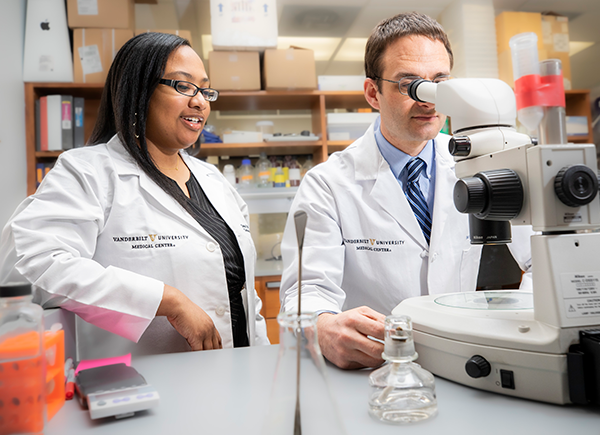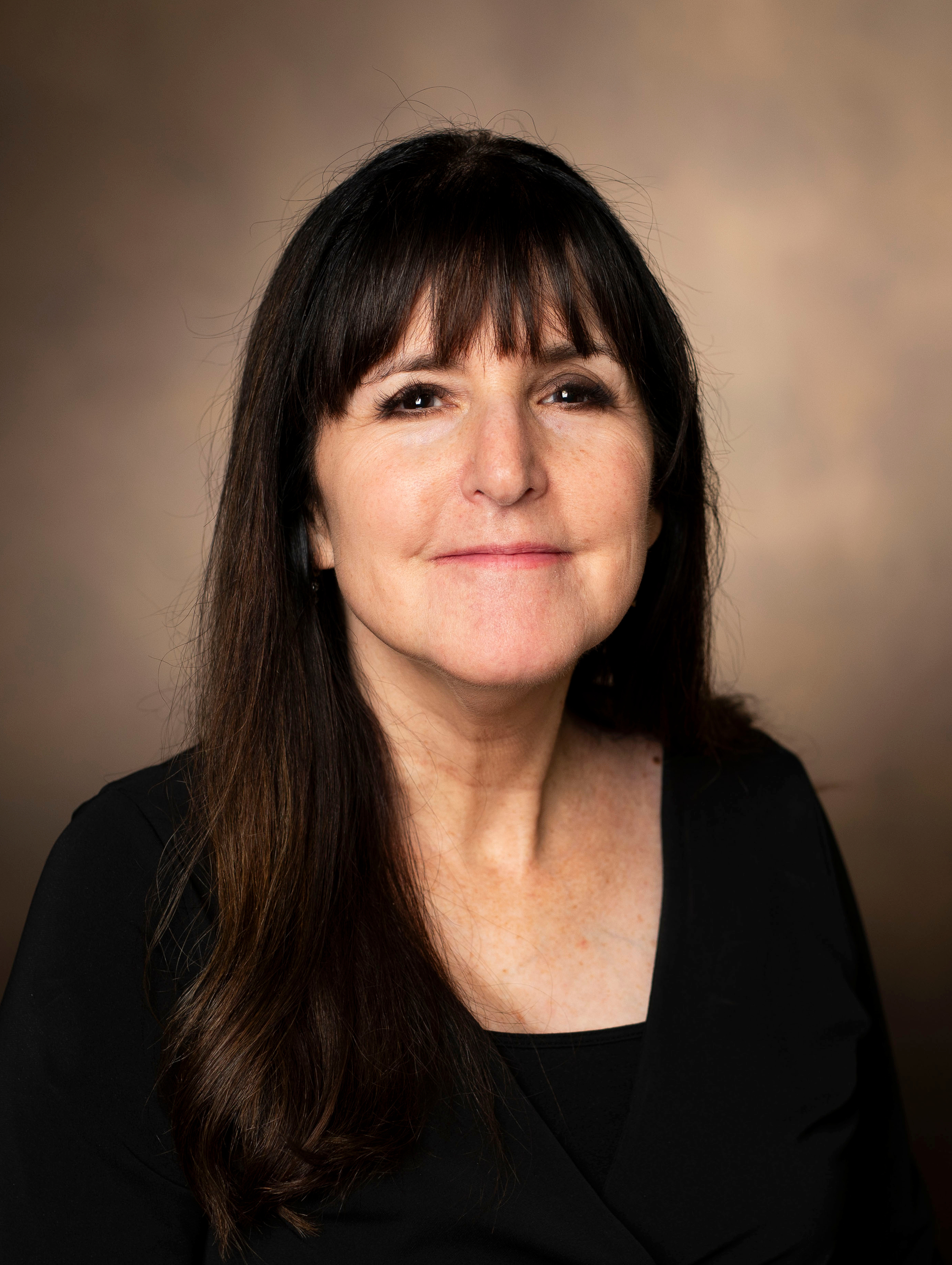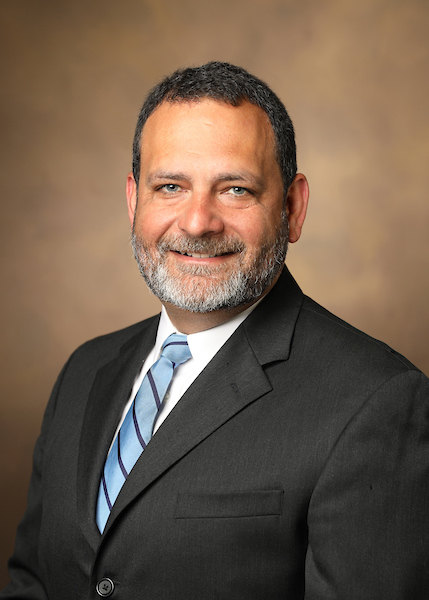Clinical, translational and basic cardiovascular research
The mission of the Vanderbilt University Cardiovascular Medicine T32 (VUCM-T32) at Vanderbilt University Medical Center (VUMC) is to foster the career development of the next generation of cardiovascular investigators through organized training and mentorship of early career scientists from varied scientific and personal backgrounds. Our T32 provides trainees with a rich source of basic, clinical and translational faculty mentors, with a resourced, supportive career development environment. We emphasize responsible conduct of research, specifically methodologic rigor, reproducibility and integrity.
Research areas leverage strengths within our broad cardiovascular research and clinical ecosystem, including basic cardiovascular and metabolic biology, epidemiology and health record-based research, genomics, bioinformatics, and other translational "molecular epidemiology” (e.g., proteomics/metabolomics), clinical investigation, and randomized clinical trials. Our trainees have had success in attaining career development award funding, including NIH K-level, American Heart Association career development awards and other foundation awards, to facilitate the next committed step in career development. Our fundamental goal is to provide trainees the platform to sustain a meaningful, lifelong career in cardiovascular investigation.
Aims of the Program
- Develop skills in investigation spanning critical review of literature, research objectives, data and methodologies
- Promote clinical contextualization of research, including power of translational integration of cardiovascular clinical and basic research enterprise
- Develop rigorous statistical and methodologic training, including a focus on research integrity, reproducibility and rigor
- Enhance experiences in scientific leadership and communication

Program Leadership

Jane Freedman, MD
Gladys Parkinson Stahlman Professor of Cardiovascular Research
Chair, Department of Medicine
Physician-in-Chief, Vanderbilt University Hospital
Ravi Shah, MD
Professor of Medicine
Director, Clinical and Translational Research, Division of Cardiovascular Medicine

Quinn Wells, MD
Associate Professor of Medicine
Associate Program Director, Cardiovascular Medicine Fellowship
Division of Cardiovascular Medicine
